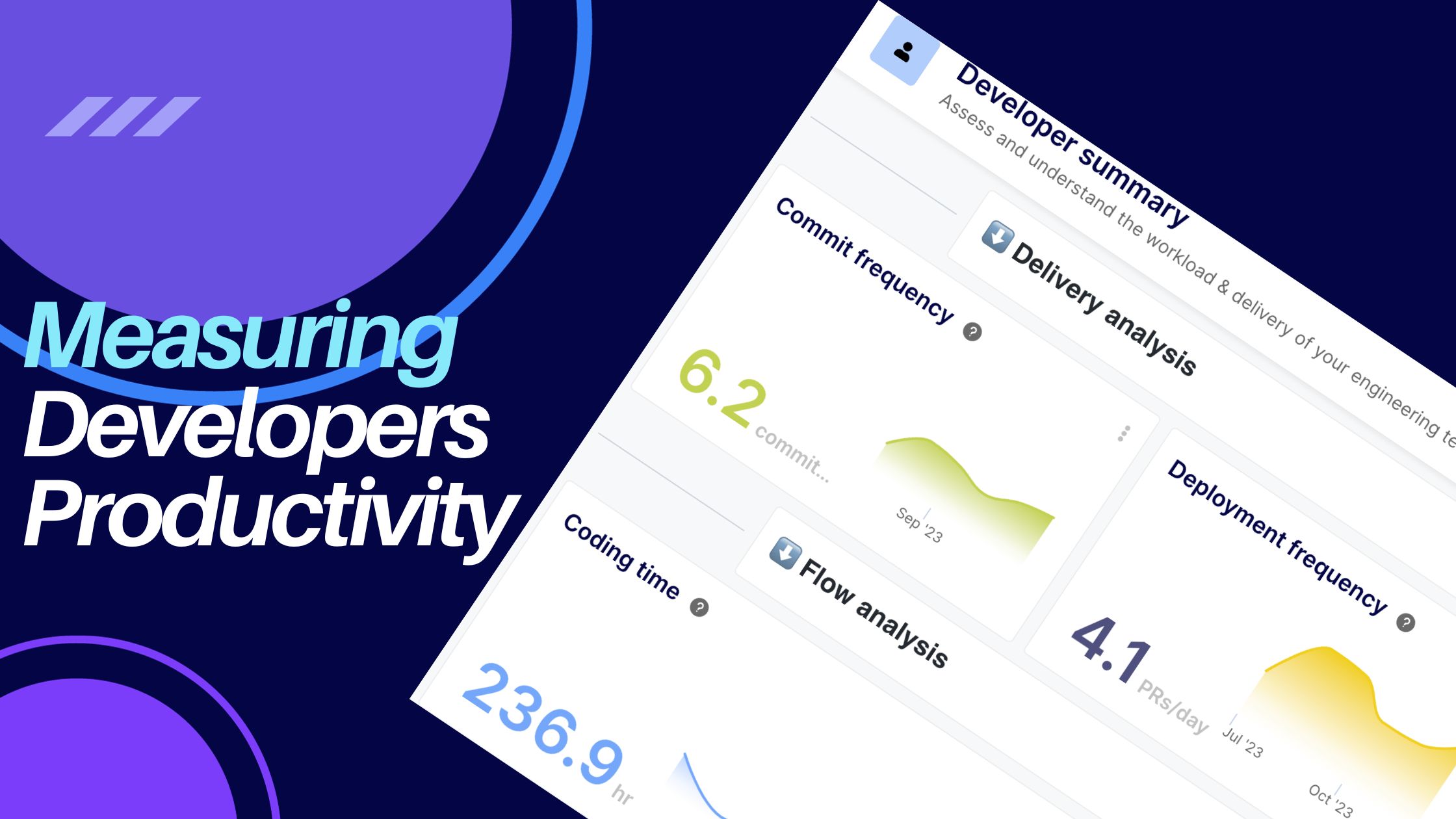
Are AI Coding Assistants Living Up to the Hype?
In the ever-evolving landscape of technology, AI coding assistants have surfaced as a promising tool for enhancing developer productivity. However, the question remains: are these tools genuinely delivering the improvements we expected? Recent findings suggest that the reality might not be as favorable as many had hoped.
 Innovative coding solutions or a workload burden?
Innovative coding solutions or a workload burden?
The Promised Productivity Gains
Coding assistants such as GitHub Copilot were heralded as revolutionary by many in the tech community. Developers, in theory, could leverage these tools to write code more efficiently, theoretically enabling faster development cycles. However, a recent study from Uplevel challenged this notion, revealing that the anticipated boosts in productivity may have been exaggerated.
In their examination, the duration it took to merge code into repositories—known as pull request (PR) cycle time—showed no significant improvement among developers utilizing Copilot. Most alarming was the finding that the use of these assistants resulted in a 41% increase in bugs compared to teams not employing the AI tools. To think that these coding companions could inadvertently lower code quality raises pressing concerns about their reliability.
The Burnout Factor
The Uplevel study went further, exploring the already prevalent issue of developer burnout. With the pressure of deadlines and project deliveries, one would assume that tools like GitHub Copilot might alleviate some of this strain. Surprisingly, the results did not reveal any marked improvement in work-life balance for those using the AI assistant. In fact, when developers were not relying on Copilot, they reported spending less time working outside standard hours—an essential aspect when considering mental health in the demanding tech world.
“We’ve seen different studies of people saying, ‘This is really helpful for our productivity,’ while others express concerns about increased oversight,” said Matt Hoffman, a data analyst at Uplevel. This dichotomy highlights the nuanced reality developers are navigating—having to play both coder and reviewer simultaneously.
 Scrutinizing the impact of AI on coding habits
Scrutinizing the impact of AI on coding habits
Mixed Results from the Field
On the ground, responses to coding assistants vary dramatically from one development team to another. For instance, while some companies report significant productivity gains, others like Gehtsoft USA have found no notable difference using AI tools based on large language models (LLMs). CEO Ivan Gekht emphasizes the need for both competitive LLM capabilities and skilled human users to optimize productivity. In his experience, coding with an LLM requires the user to navigate its limitations, as the AI itself lacks critical thinking and self-awareness.
Conversely, Innovative Solutions, a cloud services provider, has embraced coding assistants with reported improvements in productivity ranging from two to three times. Travis Rehl, CTO of the company, attributes their success to a blend of AI tools such as Claude Dev and custom integrations for monitoring code quality. This stark variation illustrates just how reliant outcomes are on specific use cases and organizational contexts.
Are Coding Assistants Here to Stay?
Despite the mixed assessments, Uplevel does not recommend that organizations abandon AI coding assistants outright. As technology continues to advance, these tools are likely to evolve and potentially deliver on their promise. Nevertheless, caution is advised—over-reliance without critical oversight can breed complacency in code quality management. It’s essential to continually examine the output from AI systems to ensure they align with expectations.
 The landscape of software development is changing fast
The landscape of software development is changing fast
Conclusion
As the narrative around AI coding assistants develops, one thing becomes abundantly clear: the integration of AI into software development is not a panacea. It is a tool that, like any other, requires deliberate usage and judicious oversight. As we navigate this new frontier, balancing the efficiency gains promised by AI with the implicit risks will be the true challenge facing developers and organizations alike.
Related links:
In a world driven by both code and creativity, it will be the human element—our ability to critique, innovate, and adapt—that ultimately determines how far these tools can take us.













